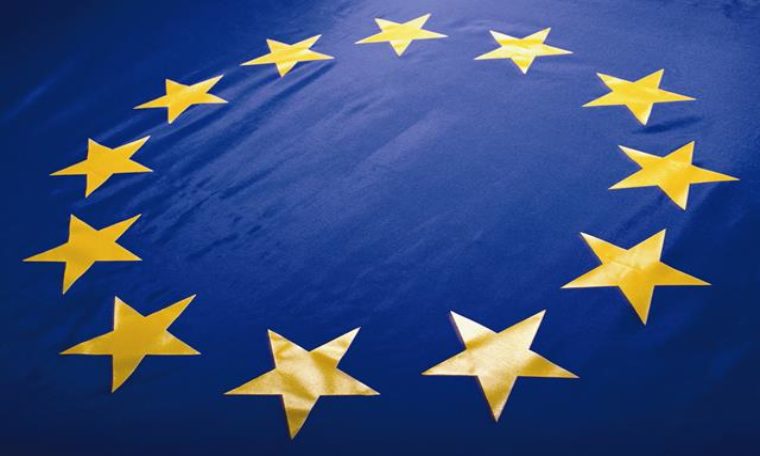
Summary
The CAP and BCAP Codes include many rules which seek to reflect significant pieces of EU law or UK law that has been made to implement EU law; for example, on misleading advertising, food and medicines. This statement summarises the effect on these rules of key pieces of legislation designed to ensure that the UK had a functioning statute book after it left the EU on 31 January 2020, and that it continues to do so following the end of the transition (or “implementation”) period at 11pm on 31 December 2020.
In summary, CAP and BCAP advise advertisers that all EU-derived legislation that is in force at the end of the transition period will remain in force after this point unless it is subsequently repealed. CAP and BCAP will continue to consider any changes that might be necessary to the Codes as they receive further information from government, and will make any appropriate changes as soon as they are in a position to do so.
The Protocol on Ireland/Northern Ireland, commonly known as the Northern Ireland Protocol (the Protocol) is part of the wider EU-UK Withdrawal Agreement signed on 24 January 2020, and is due to take effect at the end of the transition period. Under the Protocol, Northern Ireland will be obliged to align with specific EU rules, including those in areas such as technical regulation of goods (for example, foods and medicines). CAP and BCAP are monitoring legislation and government guidance to ensure that any differences in regulation between Northern Ireland and the rest of the UK are reflected appropriately in the Codes. However, CAP and BCAP will not make changes to the Codes until the position in these – and other – areas is certain, but from 1 January 2021, CAP and the ASA will ensure that any changes in law are taken into account in their work. CAP and BCAP also advise advertisers to seek legal advice on the impact of the Protocol in specific product areas.
Key legislation
The two key pieces of legislation designed to ensure that the UK had a functioning statute book after it left the EU were: the European Union (Withdrawal Act) 2018 (the EUWA 2018) and the European Union (Withdrawal Agreement) Act 2020 (the EUWAA 2020).
EUWA 2018
The EUWA 2018 made provision for the UK’s withdrawal from the EU via the following key provisions:
- ending of the supremacy of EU law in UK law at the time of exit (section 1);
- preserving UK law made to implement EU obligations as it stood at the time of exit (section 2);
- converting direct EU legislation as it stood at the time of exit into UK law (section 3); and
- creating temporary powers to make secondary legislation to ensure that the UK legal system continued to function correctly outside the EU (section 8).
As a general rule, the EUWA 2018 was designed to ensure that the same rules and laws would apply on the day after exit as on the day before; and that changes could be made to these by subsequent legislation. The EUWA was also designed to enable UK law to reflect the content of a withdrawal agreement once the UK left the EU, subject to the prior enactment of a statute by Parliament approving the final terms of withdrawal. This statute was the EUWAA 2020.
EUWAA 2020
The key objectives of the EUWAA 2020, as relevant to this statement, can be summarised as follows:
- Its principal purpose was to implement the Withdrawal Agreement (the separation agreement between the UK and the EU) so that it had effect in domestic – as well as international – law.
- It was designed to work in conjunction with the EUWA 2018.
- Under the terms of the Withdrawal Agreement, it was necessary to ensure that the EU Treaties and other EU law continues to apply in the UK during the transition period. The EUWAA 2020 therefore amended the EUWA 2018, so that the conversion of EU law into ‘retained EU law’ can take place at the end of the transition period rather than on ‘exit day’.
- New pieces of directly applicable EU law (for example Regulations) that are introduced during the transition period continue to apply automatically within the UK, in line with Part 4 of the Withdrawal Agreement. Other new EU measures (for example Directives) introduced during this period must continue to be implemented domestically to comply with Part 4 of the Withdrawal Agreement.
Northern Ireland Protocol
The Protocol on Ireland/Northern Ireland, commonly known as the Northern Ireland Protocol (the Protocol) is part of the wider EU-UK Withdrawal Agreement signed on 24 January 2020, and is due to take effect at the end of the transition period. It is designed to avoid any need for a border on the island of Ireland.
Under the Protocol, Northern Ireland will be obliged to align with specific EU rules, including those in areas such as technical regulation of goods. CAP and BCAP are monitoring legislation and government guidance to ensure that any differences in regulation between Northern Ireland and the rest of the UK are reflected appropriately in the Codes. For example, CAP and BCAP are aware of legislation going through Parliament in important areas such as food and medicines.
CAP and BCAP will not make changes to the Codes until the position in these – and other – areas is certain, but from 1 January 2021, CAP and the ASA will ensure that any changes in law are taken into account in their work. CAP and BCAP also advise advertisers to seek legal advice on the impact of the Protocol in specific product areas.
More on
-
Keep up to date
Sign up to our rulings, newsletters and emargoed access for Press. Subscribe now.


